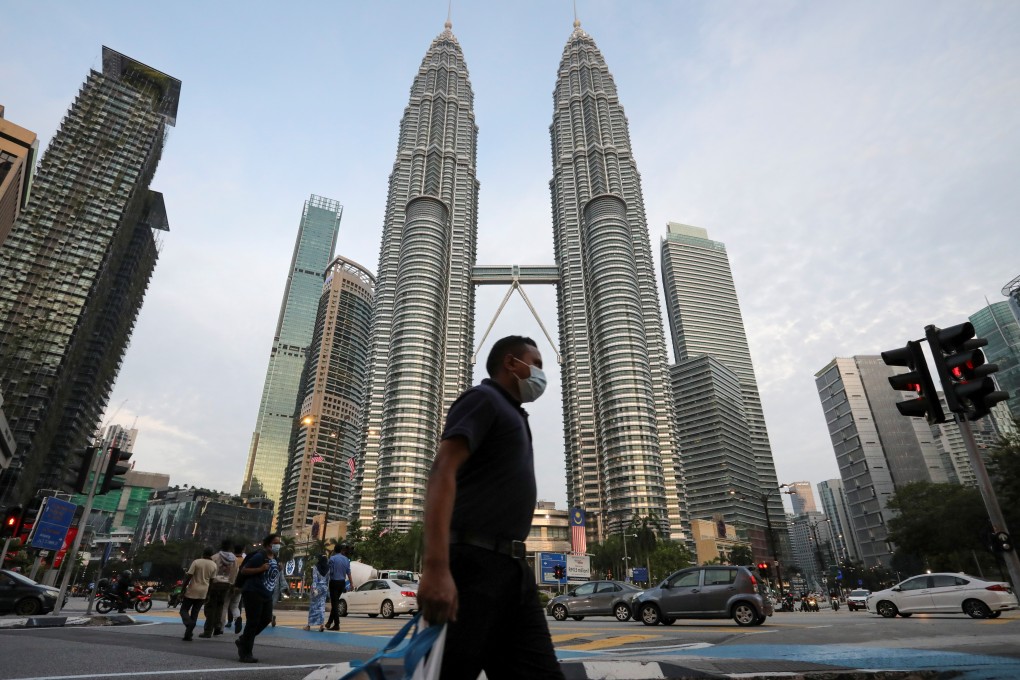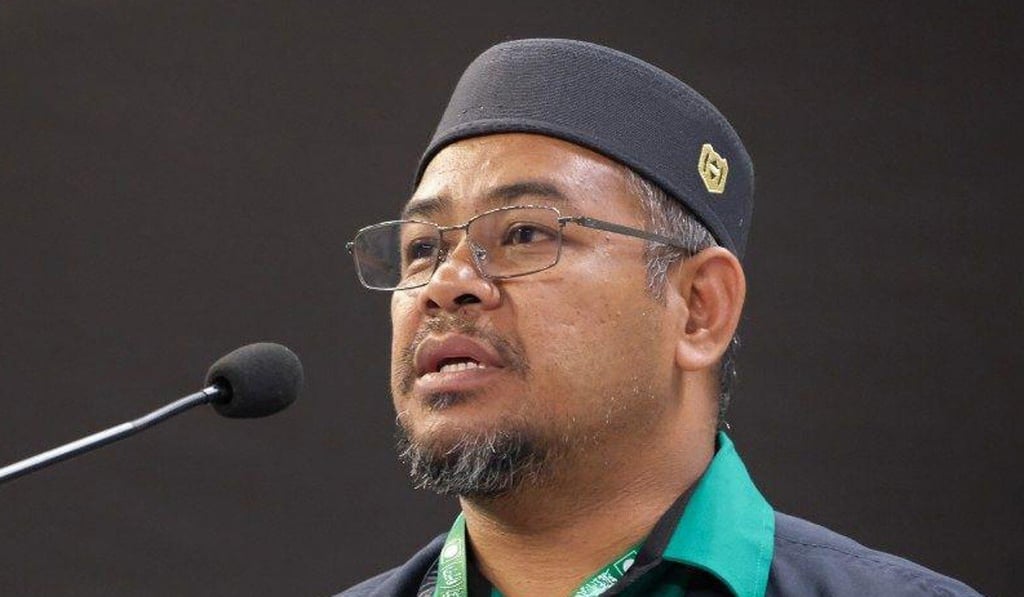Do Malaysia’s politicians think they’re exempt from Covid-19 rules?
- From ignoring mandatory quarantine after an overseas trip to holding a mid-lockdown birthday party, some officials have blatantly flouted the law
- While tens of thousands of Malaysians have faced fines or jail terms for being caught breaking lockdown rules, these officials have escaped censure

Plantation, industries and commodities Minister Khairuddin Aman Razali was recently lambasted online for breaching mandatory quarantine after returning from an unofficial overseas trip in July, but he has so far escaped punishment – a decision that opposition leaders have questioned.
Khairuddin returned from Turkey on July 7 and attended parliament on July 13. Under Malaysian regulations, all those entering the country must be quarantined for 14 days and tested at least twice.
“Why is special treatment given for a Cabinet minister? People have tested negative but were found positive a few days later. This is why the 14-day quarantine rule must be obeyed by everyone, including the minister,” said opposition politician Teresa Kok in parliament.

Criticism of Khairuddin was compounded when people pointed out that he had rebuked a Covid-19 patient who started a new cluster after failing to comply with home quarantine rules following a trip to India.